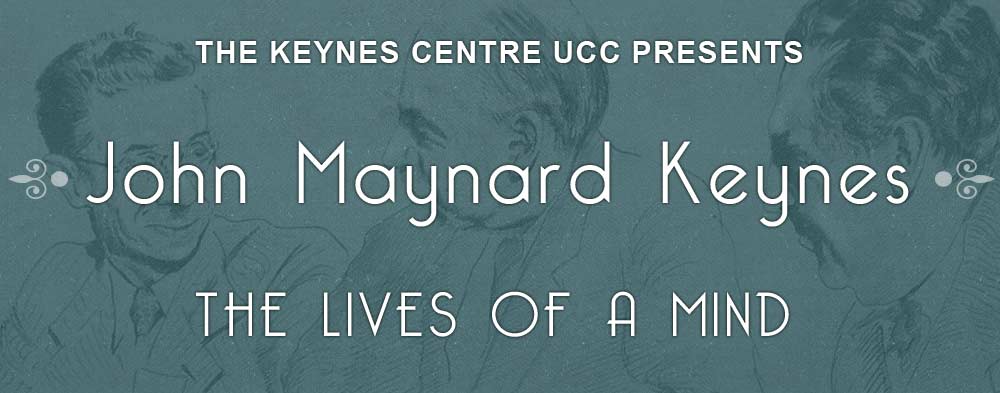


(John Maynard Keynes)
KEYNES’S passion for writing can be traced back to his schoolboy explorations of his family genealogy. Throughout his life, he published books, pamphlets, articles and letters for newspapers, papers and essays in academic journals, and exchanged correspondence with influential figures of the time, such as George Bernard Shaw.
He also wrote distinguished and memorable biographical essays, including an influential one on Isaac Newton and the renowned obituary of his mentor Alfred Marshall. His writings also highlight his skills as an eye witness to international diplomacy.
He took part in a vigorous debate with George Bernard Shaw about socialism in the USSR in The New Statesman and Nation following the publication of G. H. Well’s interview with the dictator Josef Stalin in 1935. Keynes described the interview as a man (Wells) struggling with a gramophone (Stalin) which is not capable of recognising the flaws of its own thinking.